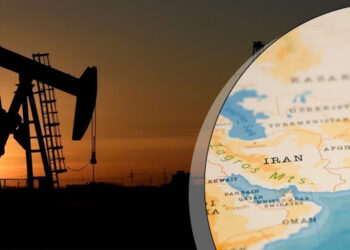Japan is set to begin releasing treated radioactive water from the Fukushima nuclear plant into the Pacific Ocean, a controversial move opposed by neighboring countries. The decision comes after the UN’s nuclear watchdog approved the plan.
Over 1.34 million tonnes of water, equivalent to 500 Olympic-size pools, have accumulated since the 2011 tsunami hit the plant.
The water, treated and diluted, will be released over 30 years. Japan’s Prime Minister Fumio Kishida stated that the process would start on August 24 if weather and sea conditions permit.
The 2011 Fukushima Nuclear Disaster
The Fukushima nuclear disaster occurred in 2011 when an earthquake and tsunami damaged the plant, resulting in the flooding of three reactors.
A 2023 release of treated water from the plant into the ocean has drawn criticism from many quarters. While Japan argues it’s necessary for decommissioning, concerns about environmental impacts and livelihoods, especially in the fishing industry, have been raised.
The water will initially be released in smaller quantities, starting with about 7,800 cubic meters over roughly 17 days. The treated water contains tritium, a radioactive isotope of hydrogen, which is difficult to filter out.
However, experts assert that the levels are safe and comparable to routine releases from other nuclear plants. The International Atomic Energy Agency (IAEA) endorsed Japan’s plan in July, stating its impact would be negligible.
While some locals and experts support the release, neighboring countries, particularly China, strongly oppose it.
China accused Japan of treating the ocean as its “private sewer” and promised measures to protect the marine environment and food safety.
South Korea, while acknowledging the scientific aspects of the plan, has not fully endorsed it, mindful of domestic concerns.
Possible Impacts
Japan is underlining the necessity of addressing the issue due to the limited storage capacity for the treated water.
Tritium, a key concern, is a radioactive isotope that occurs naturally and is released by nuclear plants globally.
Experts emphasize its harmlessness in small amounts and that the treated water will be released into a massive body of water, the Pacific Ocean.
Overall, the release of Fukushima’s treated water is emblematic of the complexities surrounding nuclear waste management.
The need for transparent communication and the challenge of balancing national interests with regional concerns are still debated.















